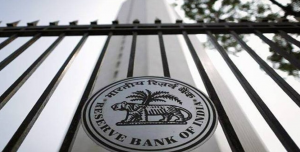
The Reserve Bank of India has warned the public to be wary of fraudulent messages, spurious calls, unknown links, false notifications, unauthorised QR codes, and other similar tricks promising help in obtaining concessions or expediting responses from banks and financial service providers in any way.
In a press release, RBI stated that unscrupulous elements are defrauding and misleading members of the public by employing novel methods such as social media techniques, mobile phone calls, and so on. Fraudsters attempt to get confidential details like user id, login/transaction password, OTP, debit/credit card details such as PIN, CVV, expiry date and other personal information. Fraudsters’ typical methods of operation include:
- Vishing: Phone calls posing as from banks/non-bank e-wallet providers/telecom service providers in order to lure customers into sharing confidential information under the guise of KYC-update, account/SIM-card unblocking, crediting debited amount, and so on.
- Phishing: The use of spoof emails and SMS messages to trick customers into thinking that the communication came from their bank or e-wallet provider and contains links to obtain confidential information.
- Remote access: Enticing customers to download an application on their mobile phone or computer that enables access all of the data on that device.
- Fake payment requests: Misusing the ‘collect request’ feature of UPI by sending fake payment requests with messages like ‘Enter your UPI PIN’ to receive money.
- Fake numbers: Displaying fake numbers of banks/e-wallet providers on webpages/social media
The RBI has urged the members of the public to practise safe digital banking by taking all due precautions while carrying out any online/mobile transactions so as to prevent financial and other losses to them.
